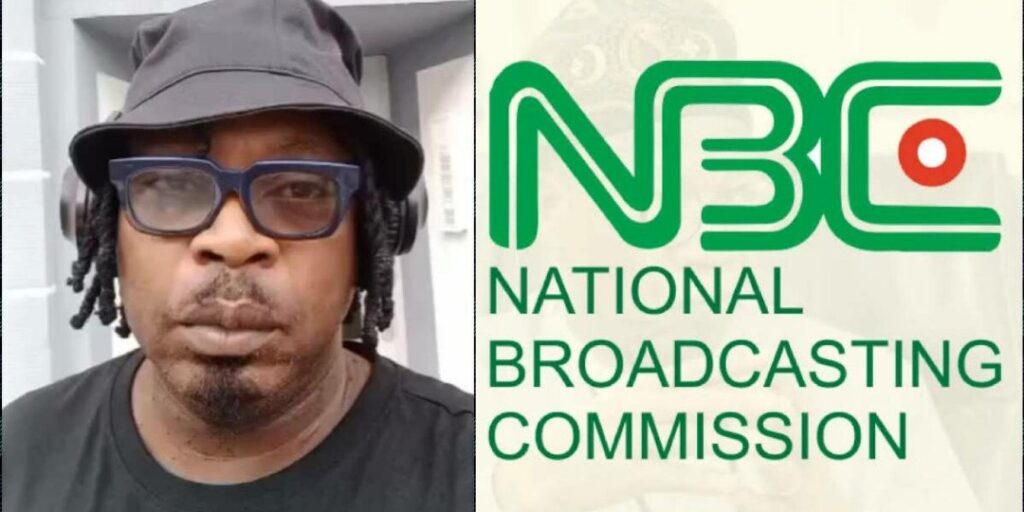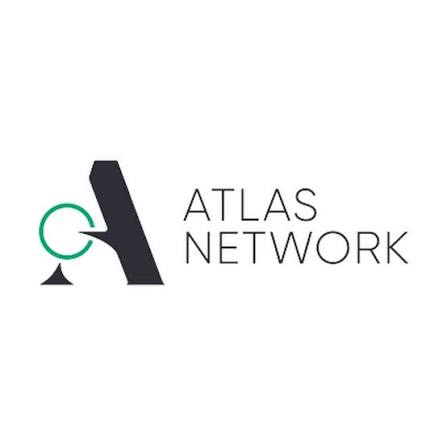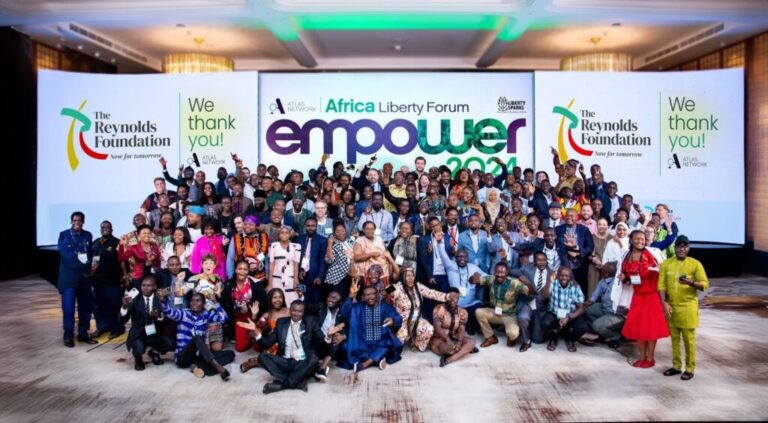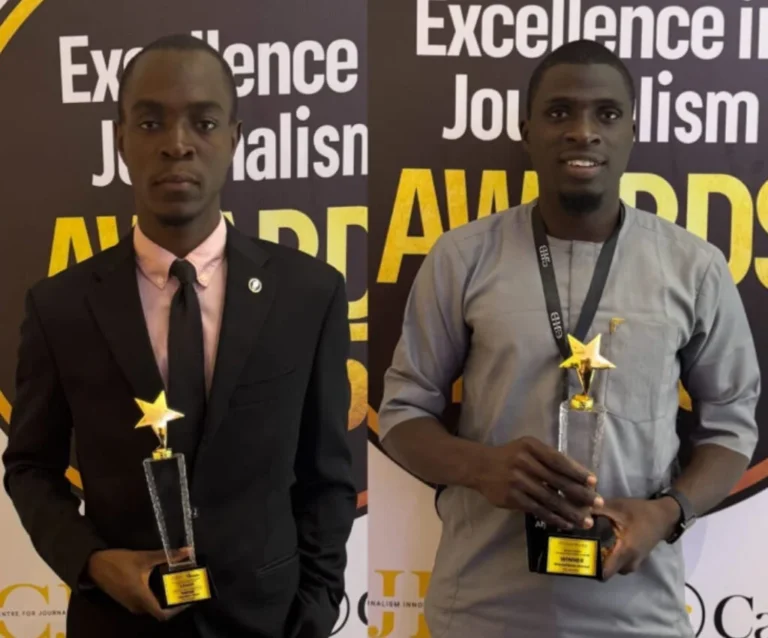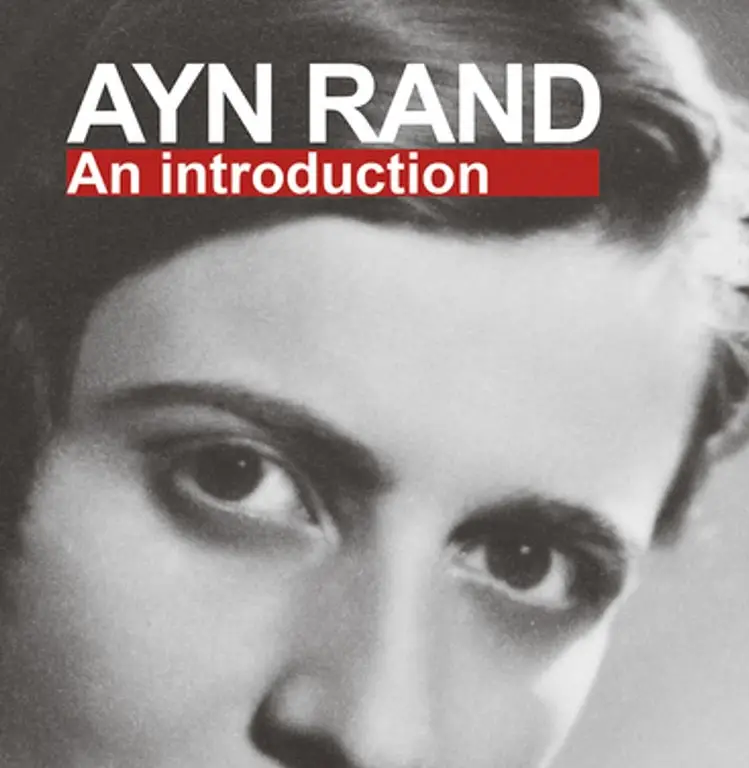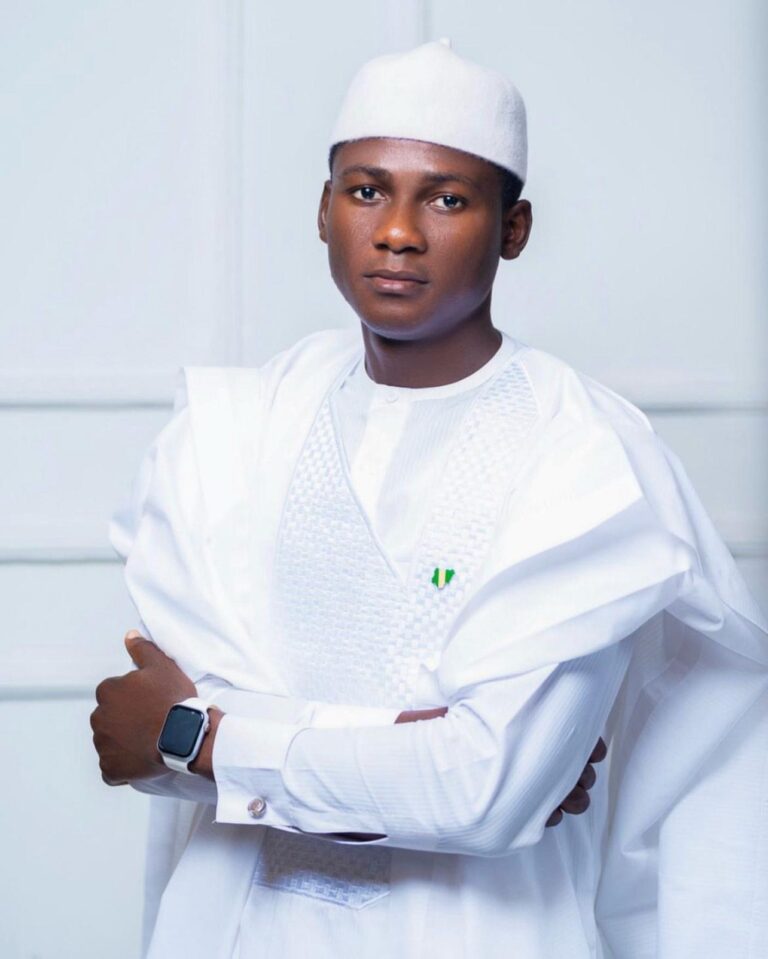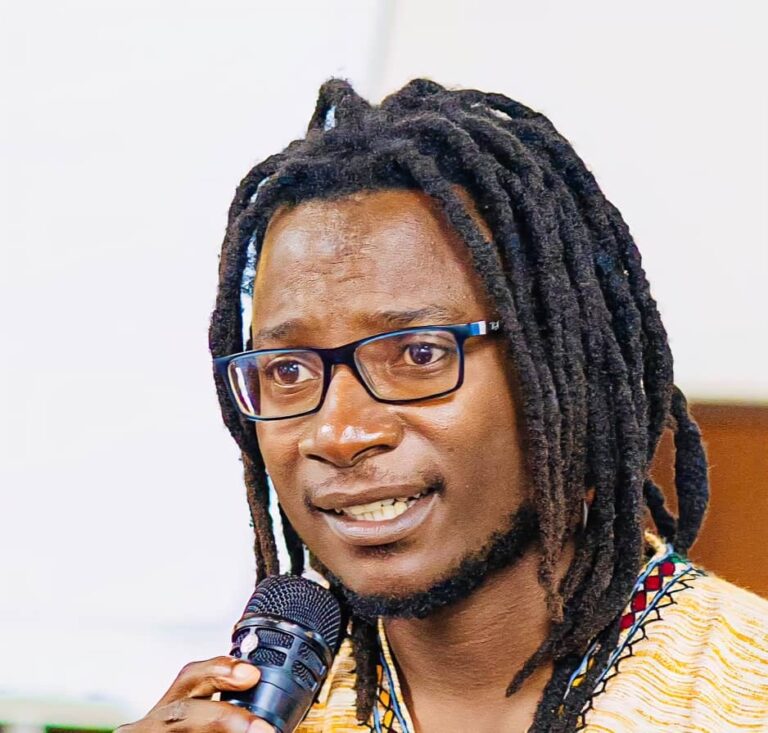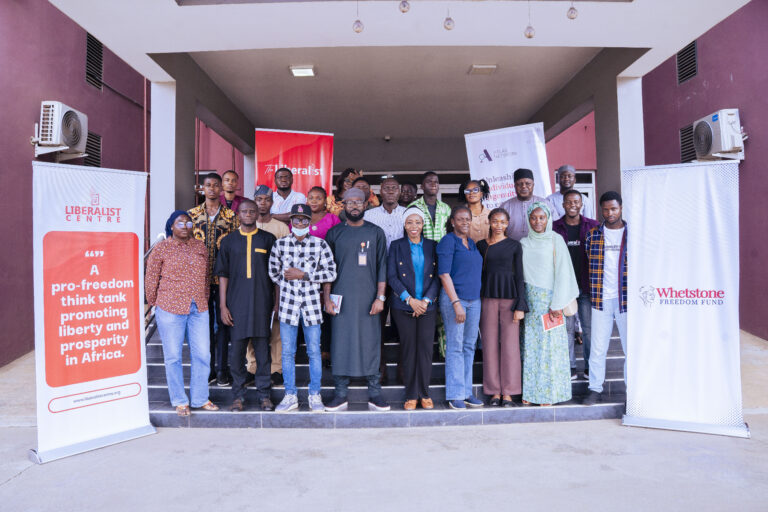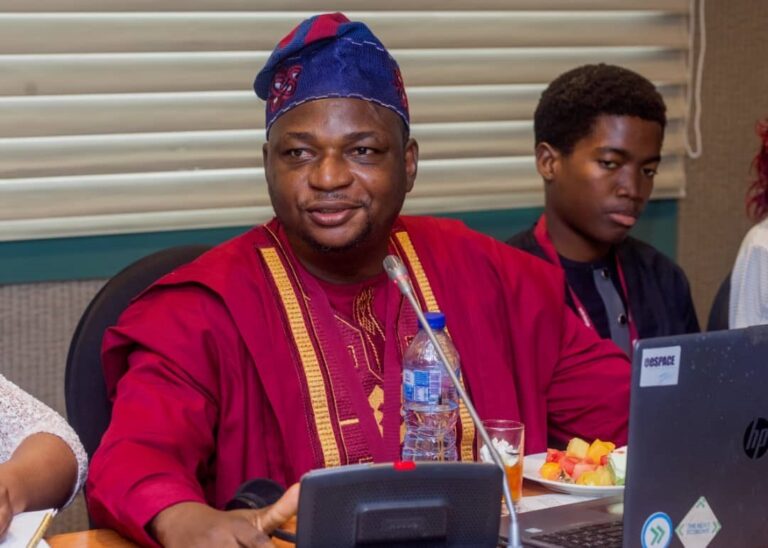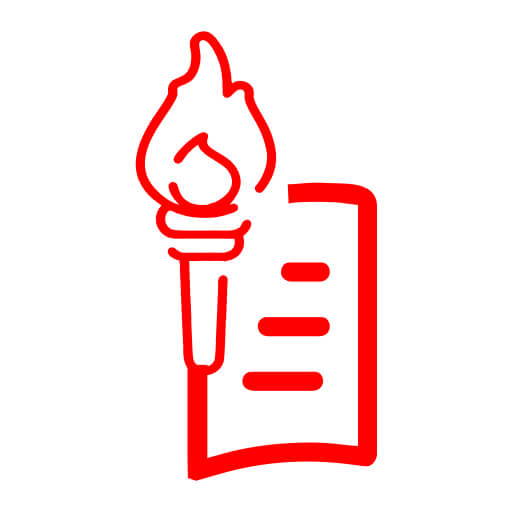In April, Nigerian musician Eedris Abdulkareem released ‘Tell Your Papa’, a protest song that sharply criticised President Bola Tinubu’s administration. The National Broadcasting Commission (NBC) swiftly banned the song from radio and television broadcasts, citing a breach of public decency under Section 3.1.8 of the Nigeria Broadcasting Code.
Despite widespread and social media’s condemnation, NBC is yet to lift the ban, and this action exemplifies the government’s increasing intolerance for dissenting voices.
Abdulkareem’s song directly responded to comments made by Seyi Tinubu, the president’s son, who lauded his father as Nigeria’s greatest leader. In the track, Abdulkareem challenges this narrative, highlighting the economic hardships and unfulfilled promises under Tinubu’s leadership. The ban, however, did not silence the song; instead, it amplified its reach on social media platforms, where it gained significant traction.
Incidents like the ban on Abdulkareem’s song have occurred in the past. In June 2021, the Nigerian government suspended Twitter’s operations after the platform deleted a tweet by then-President Muhammadu Buhari that violated its policies. The suspension lasted seven months, during which the government threatened to arrest and prosecute individuals who continued to use the platform. This move disrupted communication and was widely condemned as an attack on free expression.
Journalists have also faced increasing threats. In May 2024, authorities arrested Daniel Ojukwu, a reporter with the Foundation for Investigative Journalism, over a report alleging financial misconduct by a government official. Ojukwu was detained without charge, held incommunicado, and denied access to legal representation, actions that drew criticism from press freedom advocates.
The Liberalist reported that Nigeria’s press freedom has faced intense scrutiny. According to the 2024 World Press Freedom Index by Reporters Without Borders, Nigeria ranks among the most dangerous countries for journalists in Africa. Reporters face threats from state actors, law enforcement, and non-state groups, with impunity for crimes against journalists remaining a significant concern.
The introduction of bills like the Social Media Regulation Bill reveals the government’s intent to control digital narratives, raising concerns about how it might misuse such laws to suppress dissent.
When the government targets artists and activists for criticism, it shows that democracy is not thriving. For example, the government responded to Abdulkareem’s 2004 song Jaga Jaga, which criticised the administration, by banning it. This response reflects a broader pattern: authorities suppress artistic expression that challenges the status quo.
These acts of censorship and repression expose a larger issue—the shrinking space for freedom of expression in Nigeria. The government does not just propose laws that threaten social media platforms; it also deploys state agencies to target journalists and artists. The message is clear: if you speak out, you will face punishment. But a democratic society should never function this way.
A government that fears criticism does not qualify as a true democracy. Press freedom does not give journalists or artists the right to lie or mislead the public. Instead, it guarantees their right to report the truth, ask tough questions, and hold leaders accountable without fear of punishment. A healthy democracy depends on this freedom.
Nigeria’s democracy continues to grow, but it will only mature if the government accepts criticism and uses it to improve. Rather than silence the press, the government should protect it. The media does not act as the enemy; it represents the people and plays a vital role in holding those in power accountable.
Nigerians must refuse to stay silent. Through journalism, music, and social media, citizens must keep raising their voices. The right to speak freely and challenge authority forms the bedrock of democracy. Because without press freedom, Nigeria cannot claim to practice democracy.
Abi Inalegwu is a Journalism for Liberty fellow at the Liberalist Centre.

